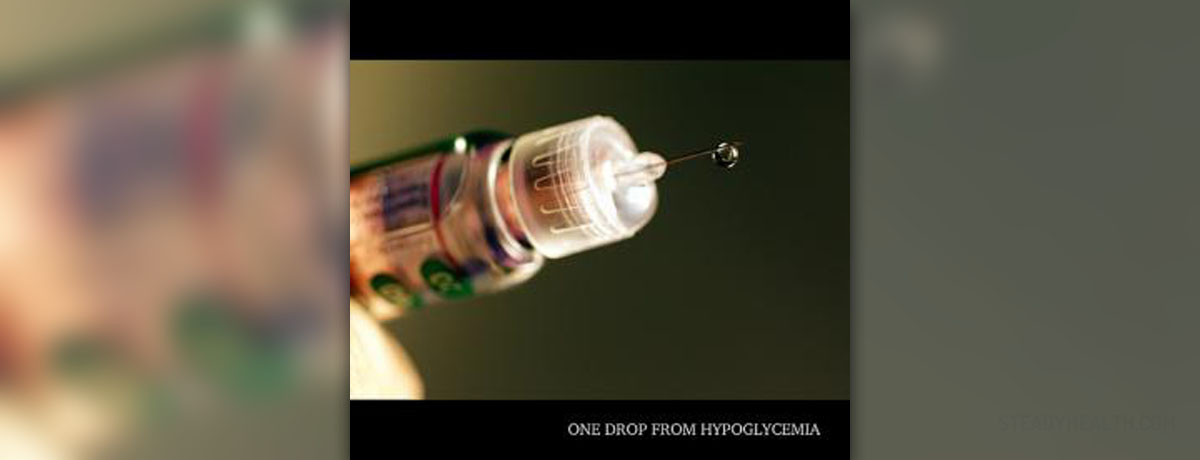
What is Insulin Shock?Insulin shock is a common name for the medical term hypoglycemia and refers to low blood sugar level. An average person has blood sugar level in the range of 70 to 150 mg/dl. If blood sugar levels become to low, hyperglycemia occurs and it can easily be treated with sugar intake. On the other hand, untreated diabetic hypoglycemia can cause the sufferer to fall unconsciousness and result in diabetic coma. This can sometimes lead to fatal outcome.
Causes of Insulin ShockInsulin shock can occur when diabetics takes too much insulin. This condition can also result from glucose that is released too slowly or glucose that is used too quickly by the body. People suffering from type 1 diabetes don’t produce enough hormone insulin required for the lowering blood sugar levels. If they take excess dose of insulin or diabetic medications they can experience insulin shock. Diabetics who don’t eat frequently or don’t take sufficient amounts of sugar may experience insulin shock as well. Apart from that, insulin shock can result from excessive exercising without counterbalancing the used energy with additional food, drinking alcohol, infections, vomiting and diarrhea.
Insulin Shock SymptomsSymptoms of insulin shock can be different depending on the degree of dropped blood sugar level. When blood sugar level drops, the brain is the most affected organ in the body. Brain function decreases and the person becomes weak. Sufferer shows changes in behavior, can be aggressive or uncooperative and irritated. Person can be confused and lack in coordination which can appear as being drunk. Nervousness, slurred speech and rapid heart beat can also occur. Person experiencing insulin shock may start trembling, excessively sweating and become pale. Increased tiredness and severe hunger take place too. During insulin shock, sufferer can experience convulsions, dizziness, nausea and vomiting. Blurred vision is also a common symptom of insulin shock. Insulin shock can result in loss of consciousness and seizures. Diabetic coma occurs if a diabetic is unconscious for prolonged period of time. Insulin shock can lead to brain damage and lethal outcome if it is not adequately treated in time.
Treatment for Insulin Shock
Mild insulin shock can be treated by sugar intake (candy bars, glucose tablets, honey or table sugar). If a person is unconscious glucose should be given intravenously or you can rub sugar on the gums and under the tongue of affected person. Severe insulin shock has to be treated with hormone glucagons injections which will increase the level of blood sugar.


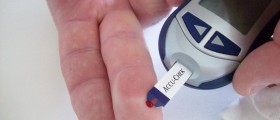
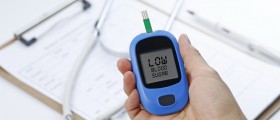
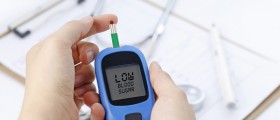
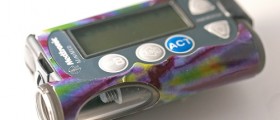


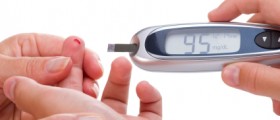
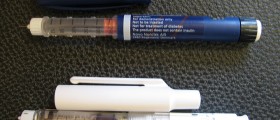

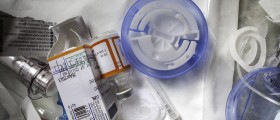





Your thoughts on this
Loading...